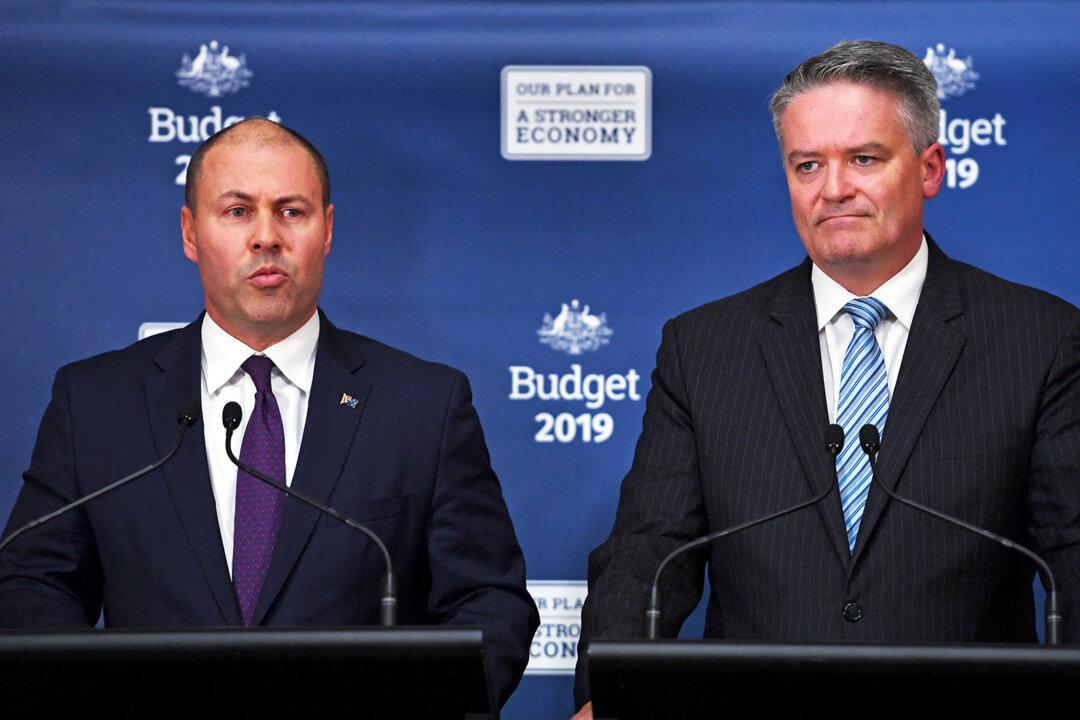Australia is set to release its worst set of economic growth figures in at least 60 years and confirm it is suffering the first recession since the early 1990s.
Economists expect the national accounts for the June quarter on Sept 2 to show an economic contraction of around six percent, driven by COVID-19 restrictions and lockdowns.





